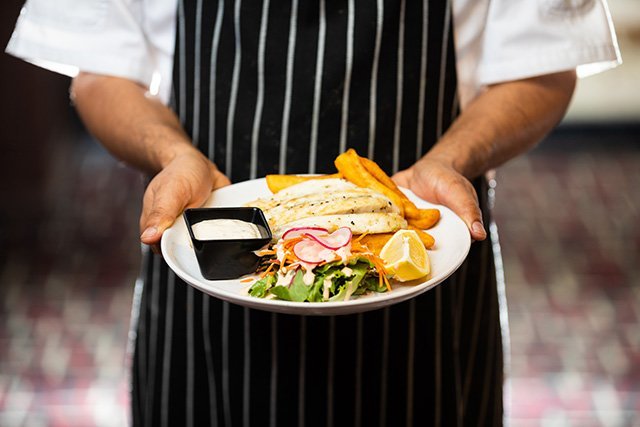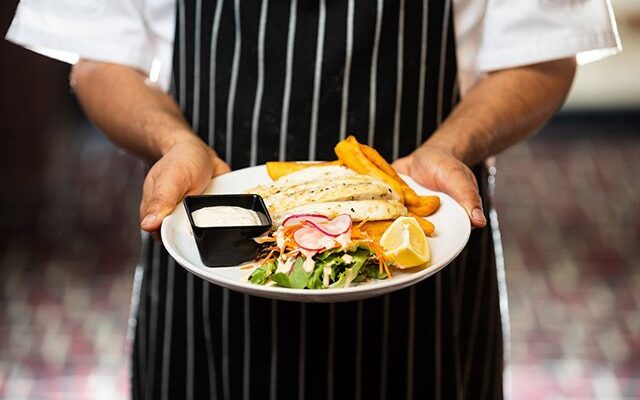When coming up against a translation related with the restaurant and hospitality sector, a series of questions always crop up. Do all the dishes need to be translated? What importance does culture have in terms of the target language? How can communication between professionals in that sector be improved? We’ll try to give you an answer to these questions in the following sections.
Some sadly popular examples
The most common thing to do is to use an online translator to translate, in the most literal way possible, the menu to the languages that tourists use most. The legendary huge blunder in terms of mistranslation, one that is more frequent than you may think, is to use the sentence He came from the Earth to refer to the “Vino de la Tierra” fine wine designation.
Likewise, the statistics speak for themselves: up to 60% of the restaurants of the more touristy areas serve up translations that are hilarious like cooked lions for the Spanish “cocido leonés” (a typical stew from the León region) and octopuses to the party for the Spanish “pulpos a la feira” (a traditional octopus-based dish). As you probably already know, apart from causing lots of laughs, these translations make the establishment lose all credit.
Diners are not going to order something if they don’t know what it is, and this makes the size of your culinary selection go down, become more basic, and is not very recommendable to really show off the cook’s skills.

How can you avoid this type of situation?
Firstly, you have to know what the cultural demands of the target language are, the expressions, the slang, and the nicknames that each dish can have. To achieve all that, there is nothing better than to know now only the name of the recipe but also a little about its ingredients and how it is prepared so that all that can be specified on the menu.
It is common to accept the invaluable help of a family member who speaks a little Spanish, or that neighbor who was working in Germany years ago. These types of collaborative efforts can still close a business’s doors to hundreds of potential customers who could become an endless source of income.
What should a translator do?
After hashing out the literal translation, a translator should shape it and mold it so that it fits with the target culture. At times, the dish to be translated doesn’t exist in the other country; therefore, its name should be assimilated to one that is known and there should be a short explanation included along with it.
The same thing happens when the cook of an establishment is foreign and doesn’t speak the local language. To draft a document with the orders and tasks to be carried out is always essential. In the end, it’s a question of better coordinating the work of a team that you trust to serve food to your customers.
The translation of terms must be exact for diners to have the chance to try all the dishes and not only the ones that he or she can understand. Undoubtedly, that is essential for the business to grow and return as much profit as possible. Thus, a professional translator can become your unexpected catalyst for your restaurant business if you want to continue moving forward and improving your customer service. Be aware of that and always hire a professional translation service.






